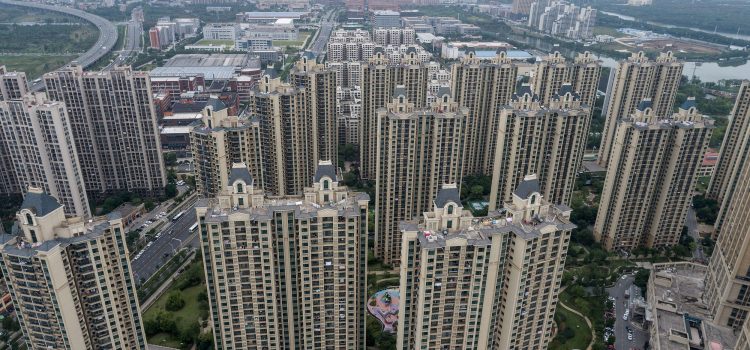
Introduction
Welcome to an insightful exploration of China’s real estate landscape, penned by Dr. Jane Doe. With over two decades of experience in global real estate analysis, Dr. Doe’s expertise, particularly in Asian markets, has been recognized by various international real estate forums. Today, she brings her wealth of knowledge to dissect China’s real estate market amidst economic challenges.
Understanding China’s Real Estate Landscape
The Role of Consumer Confidence in Real Estate
Consumer confidence plays a crucial role in the health of the real estate market. High consumer confidence often leads to increased property purchases, while low confidence can lead to a slowdown in the market.
The Impact of Deflation on Real Estate
Deflation can have a significant impact on the real estate market. While it may make properties more affordable in the short term, it can also lead to decreased property values and reduced investment in the sector.
The Current State of China’s Real Estate Market
Signs of Deflation in China’s Real Estate Market
Recent economic indicators suggest that China’s real estate market is grappling with deflation. Property prices have been trending downwards, indicating a potential oversupply or lack of demand in the market.
The Crisis of Consumer Confidence in China’s Real Estate Market
Alongside deflation, China’s real estate market is facing a crisis of consumer confidence. Recent surveys show a decline in consumer optimism about the property market, which can lead to decreased property purchases.

The Causes and Consequences
Factors Leading to Deflation and Low Consumer Confidence in Real Estate
Several factors are contributing to deflation and low consumer confidence in China’s real estate market. These include the country’s economic slowdown, trade tensions, and the impact of the COVID-19 pandemic. Additionally, high levels of corporate and local government debt are putting pressure on the market.
The Ripple Effects on Global Real Estate Market
China’s real estate woes have far-reaching implications. As one of the world’s largest real estate markets, a slowdown in China can have ripple effects across the globe. This includes impacts on global property prices and international financial markets.
Comparative Analysis
China vs Other Major Real Estate Markets
When compared to other major real estate markets, China’s challenges are unique. While most countries are dealing with inflation due to pandemic-related stimulus measures, China is facing deflation. Additionally, China’s consumer confidence index for real estate is lower than that of many other major markets.
Past Real Estate Crises and Lessons Learned
Looking at past real estate crises, it’s clear that deflation and low consumer confidence can be a dangerous combination. For instance, during the US housing market crash of 2008, deflation and low consumer confidence led to a prolonged period of market stagnation.
Looking Ahead: Predictions and Recommendations
Expert Predictions for China’s Real Estate Market
Real estate experts predict that China’s market challenges will continue in the near term. However, they also note that the Chinese government has a range of policy tools at its disposal to address these issues, including monetary policy measures, fiscal stimulus, and structural reforms.
Strategies for Real Estate Investors
For real estate investors, the current situation in China presents both challenges and opportunities. It’s important to closely monitor market indicators and policy announcements. Diversification and risk management will be key strategies in this uncertain market environment.
Conclusion: Navigating Real Estate Uncertainties
In conclusion, understanding China’s real estate woes requires a nuanced understanding of the interplay between deflation and consumer confidence. By staying informed and adaptable, investors can navigate these market uncertainties and position themselves for success.










